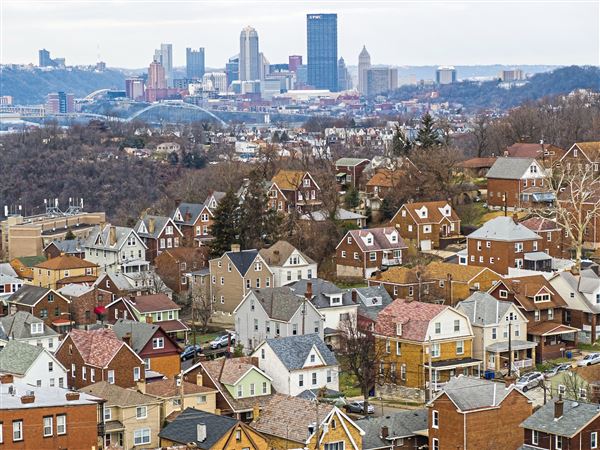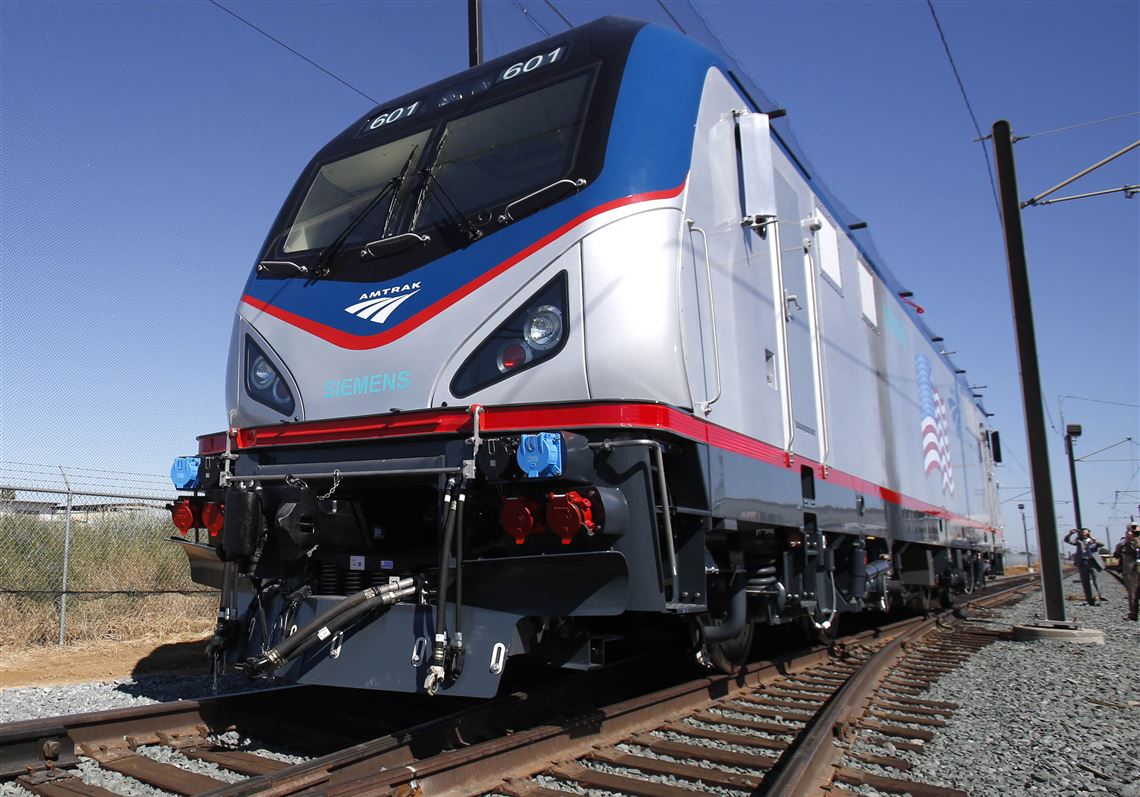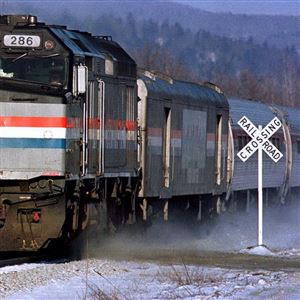The U.S. Supreme Court at least temporarily revived a federal law credited with improving Amtrak’s on-time performance, setting aside a lower court ruling that had marked a victory for the freight railroad industry.
Today’s unanimous ruling sends the case back to the appeals court level, where freight carriers will have another chance to topple a law they say unfairly forces them to delay their own traffic.
A 2008 law directs Amtrak to work with the Federal Railroad Administration to create standards that let Amtrak keep priority over freight trains along common railroad tracks. That upset the freight railroad industry, which argues that Amtrak is a private organization that could not regulate competitor’s actions.
A federal appeals court sided with the freight railroads, ruling that Congress unconstitutionally gave regulatory power to a private company.
The Supreme Court disagreed, finding that even though Amtrak is subject to government oversight, it is like a government entity. While Congress created Amtrak in 1970 as a for-profit corporation, Amtrak is subject to government oversight, receives billions of dollars in federal subsidies and its board is nominated by the president.
The justices left broader constitutional questions unresolved, leaving that for the appeals court to decide.
Under the regulations, if on-time passenger train performance averages less than 80 percent for two consecutive quarters, the federal Surface Transportation Board may investigate whether freight railroads caused the delays. Freight railroads could have to pay damages to Amtrak.
The government said the regulation simply helped to enforce existing law, which already guarantees passenger trains a preference over freight trains on shared tracks.
First Published: March 9, 2015, 4:43 p.m.
















